Ester Mägi: Orchestral Music
In her native country Ester Mägi (b. 1922) is known as 'the First Lady of Estonian music’. A much-loved figure at home, Mägi is now beginning to enjoy a reputation further afield, where her incorporation of elements of Estonian folk-music into classical forms is being recognised as a fresh and original contribution to European art-music.
Ada Kuuseoks, piano
Mati Mikalai, piano
Tarmo Pajusaar, clarinet
Estonian National Symphony Orchestra, orchestra
Arvo Volmer, conductor
Mihkel Kütson, conductor
Listen To This Recording:
- Vesper (1990, arr. 1998)
- I. Allegro moderato
- II. Andante sostenuto
- III. Allegro
- Bukoolika (1983)
- Variations for Piano, Clarinet and Chamber Orchestra (1972)
- I. Allegro assai
- II. Andante
- III. Presto
Piano Concerto (1953)
Symphony (1968)
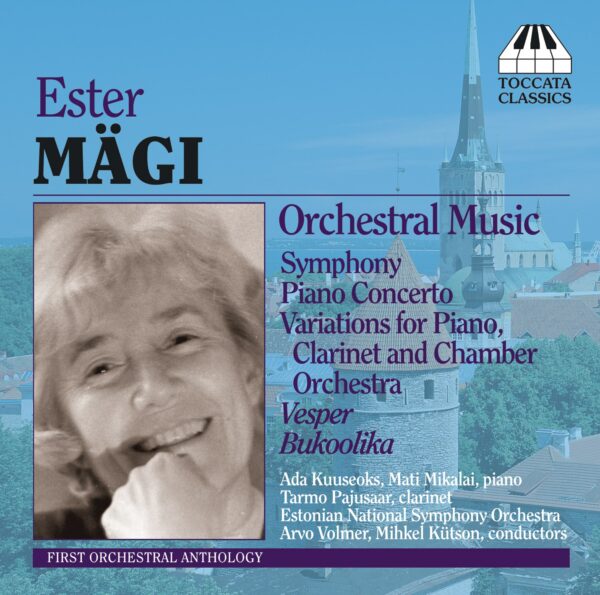
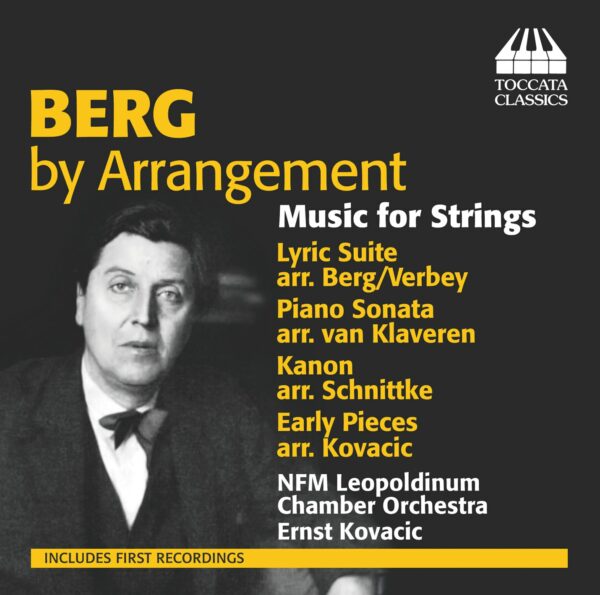
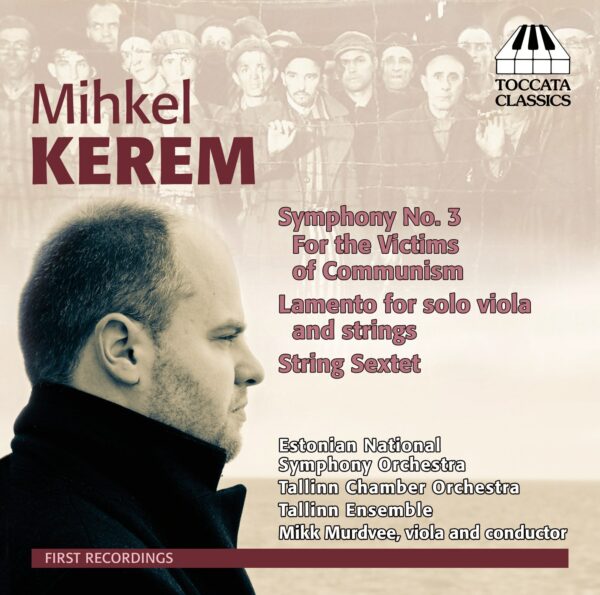
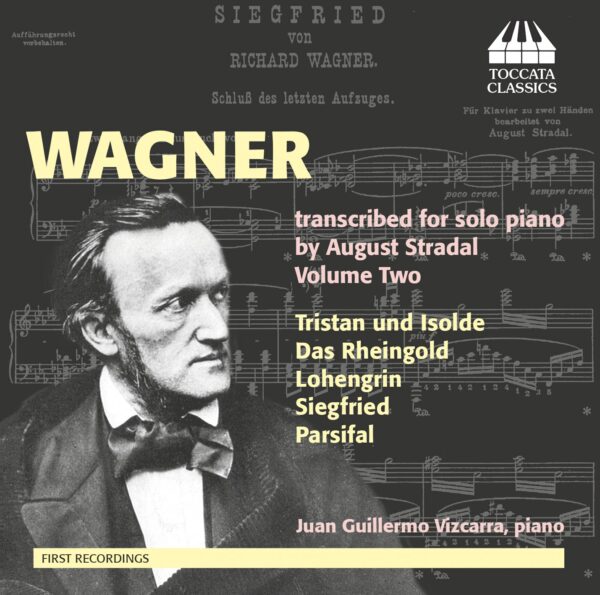
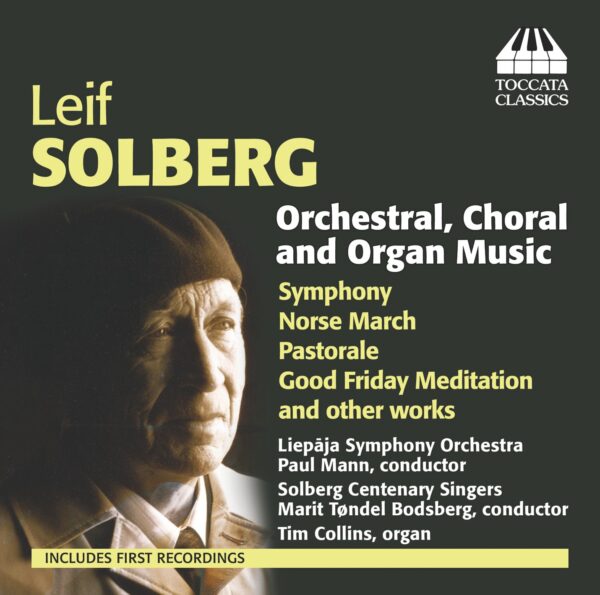
International Record Review :
‘This is fascinating repertoire, beautifully played and recorded, and well worth seeking out.’
—Nicholas Salwey, International Record Review
Gramophone :
‘The performances – recorded between 1992 and 2002 by Estonian Radio – are excellent, their remastering splendidly executed by Raphaele Mouterde. An absolute gem of a disc, strongly recommended.’
—Guy Rickards, Gramophone
International Piano :
‘Mägi’s distinctive brand of folksong-oriented post-Nationalism can be savoured to the full in the three-movement piano concerto, which although composed in 1953 could almost have been comosed 100 years earlier. The Variations (1972) show a significant advance in idion – by then the less acerbic side of Bartók has become part of the stylistic mix. Authoritative performances, glowingly engineered.’
—International Piano
Music & Vision :
‘Mägi has no great concern for public acclaim — a fact that allowed her to avoid state commissions under Soviet control and remain an independent voice, but she certainly deserves to be heard now.’
—Patric Standford, Music & Vision
David Anthony Hollingsworth :
Five Star Amazon Review
Yasunori Kikuchi :
Today I bought this album (mp3) from ClassicsOnline and have listened some. Very attractive and easy. As Ester Mägi is our contemporary, but I dare to say it’s not significant whether her music is old or new. Fine music is always fine. Especially her Piano Concerto is great (performance also). I know the conductor Arvo Volmer is one of the specialists of Sibelius Symphonies, but I think his talent is more active for conducting his native Estonian music.I hope another music by Baltic female composer, like Lūcija Garūta (Latvian) would be recorded for worldwide – Garūta also composed her beautiful romantic Piano Concerto in 1951 and I love the work very much…To go back to the subject, Mägi’s Symphony is energetic, rhythmical, and colourful. Should we call her as Estonian Khachaturian? Anyway thank you very much for finest music!
MusicWeb International :
‘Have your horizons broadened and be happy about it. Toccata and Martin Anderson score another palpable hit. Mägi’s name will from now on be on your ‘to collect’ list. The conspiratorial sliding march of the final pages of the Symphony and its underpinning ostinato belled discreetly by the trombones will stay with you as will the long held notes of the final pages. This is marmoreal valedictory and epilogic writing as memorable as that of Bax or Petttersson or Shostakovich but more concise than any of them.’
—Rob Barnett, MusicWeb International
MusicWeb International :
‘Ester Mägi’s name was new to me but it has certainly sparked renewed interest in music from Estonia. Everything I have heard from that country so far has been extraordinarily powerful and exciting and well worth getting to know; Ester Mägi’s music is no exception. This is a valuable disc and a worthy introduction to a composer who deserves greater recognition outside her country, where she is rightly highly valued.’
—Steve Arloff, MusicWeb International
Arts & Culture :
‘The openin track by the octogenarian Estonian composer Ester Mägi is a serenely contemplative piece for strings called “Vespers”, inspired by a visit to St John’s Church in central Tallinn. It is profound and personal, a rich exploration advance harmonies and, at an ideal broadcast length of seven and a half minutes, something of a hit on Baltic radio stations. […]
We were struck by the depth of passionate feeling running though both the music and the performances…’
—Arts & Culture 9 July 2007
MusicWeb International :
‘I enjoyed the music sufficiently to want to hear it again.’
—Brian Wilson, MusicWeb International
Musical Pointers :
‘An enjoyable CD which has a deservedly honourable place in the Toccata Classics catalogue.’
—Peter Grahame Woolf, Musical Pointers
Classical Source :
‘her music is well worth investigating. […]
Mägi’s three-movement Piano Concerto (1953) is neo-classical and folksy, tuneful and dancing; it makes an agreeably Romantic impression (the slow movement is especially lovely) in an uncomplicated but never ‘simple’ manner. Had the young Mozart hailed from Estonia, he might have written this! […]
In short, there is some attractive music here, skilfully written. Performances are decent enough and certainly committed. […]. But by the end of the CD you will have heard unfamiliar music by a composer possibly unknown until now. That’s a fate that Ester Mägi doesn’t deserve.’
—Classical Source